Should Compost Have Flies?
Flies are assumed to be a natural part of the composting process by many, but are these little buggers actually necessary or are they just a nuisance?
Updated Oct. 29 2020, 1:42 p.m. ET
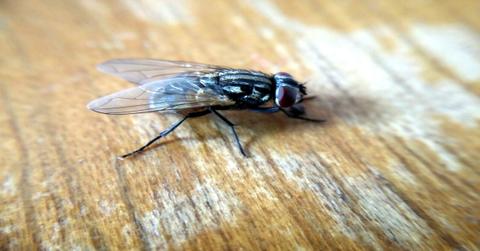
Having a fly in your soup is one thing but having a fly near your compost heap seems quite another. Oddly enough, neither of these things is actually agreeable. No one wants a fly in or on their food, and having flies on one’s compost is just as bad for your composting efforts as it is for your overall hygiene. But shouldn’t flies be attracted to garbage, you may ask? The answer might surprise you.
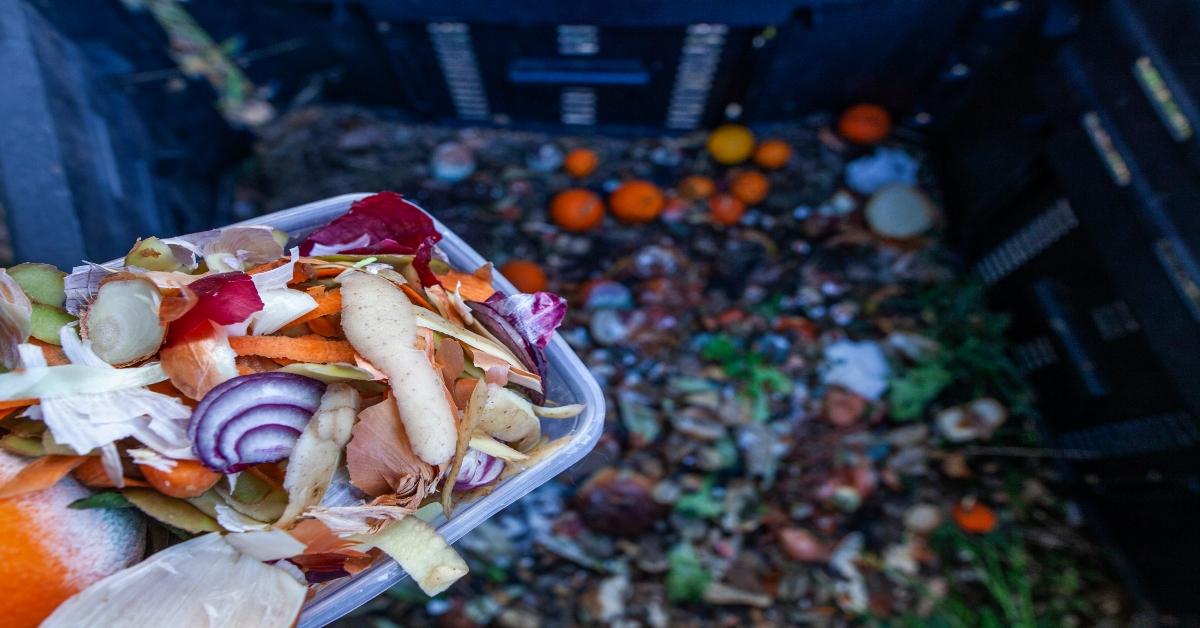
Should you have flies in your compost heap?
Flies may be a disgusting addition to any amount of decomposition, but if you’ve got food rotting around in your backyard, you’re gonna get flies. And you’re going to get ants and all manner of bacteria. You’ll probably get worms too, if you’re lucky. All of these creepy crawlies are in place to help decompose organic matter and most of them are actually a good thing.
The thing is, not all flies are attracted to compost. What you’re probably assuming will congregate around your compost are common house flies. Those nasty little buggers, whose eggs birth maggots in the hundreds, are not the type of insect you should expect to find around your compost heap; not if you’re doing it right, anyway.
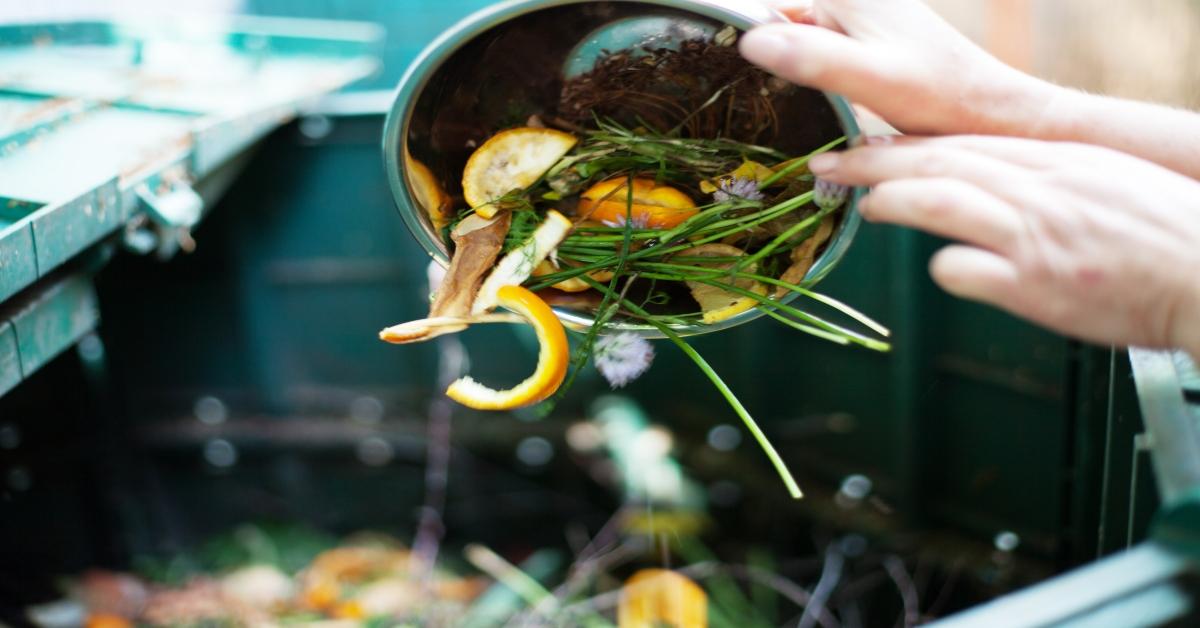
Why would I have flies on my compost pile?
Household flies, those associated with known Brundlefly, Jeff Goldblum, will only really show up to the feast if you’ve put meat or animal bones in your compost pile. And as many articles have undoubtedly explained to you, that is not a good idea. True compost piles, those that work in the way they are designed to, are a delicate balance of bacteria and rotting organic matter. You need the proper balance of greens, browns, air, water, and soil.
Nitrogen-rich organic matter like apple cores, banana peels, vegetable scraps, and the like usually make up the “greens” portion of a compost heap. Browns, which are rich in carbon, are the coffee grounds, tea leaves, grasses, and dry leaves of the pile. But neither of these two groups should be attracting flies, especially if your pile has no meat or bones. So what is attracting those tiny little buggers to the pile?
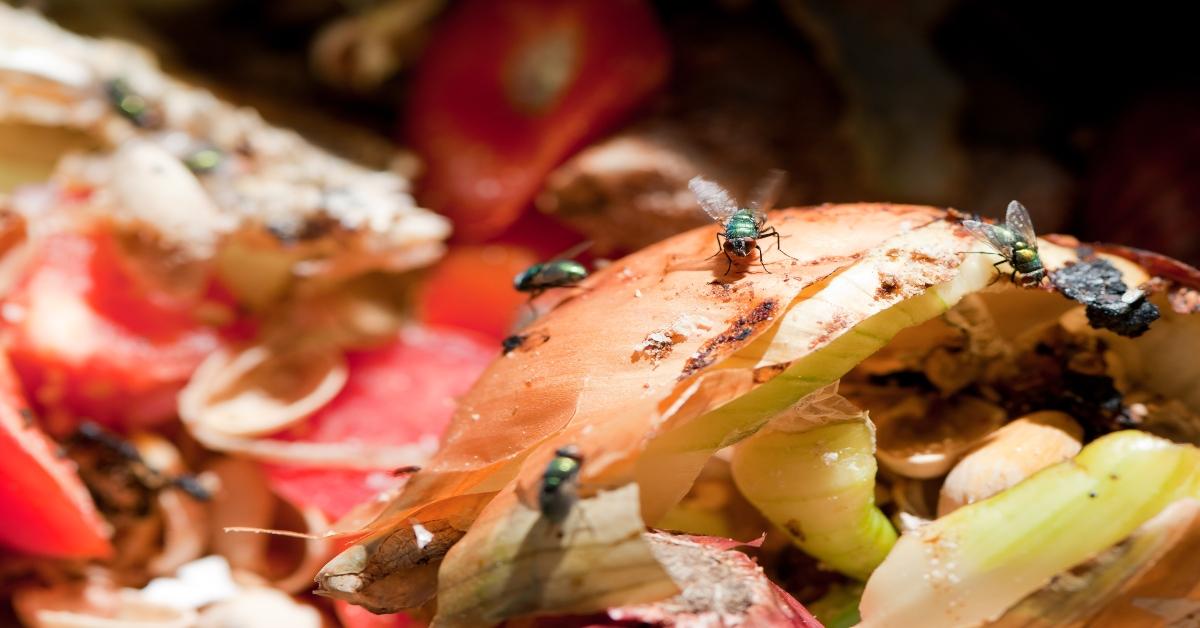
What in compost attracts flies?
The tiny flies you see buzzing around your pile are likely vinegar flies, which are attracted to fermenting or rotting fruit and are common in compost. Vinegar flies are often inaccurately called fruit flies.
These minuscule insects don’t feed on fruit directly, just the yeasts that develop when the fruit starts to ripen, ferment, and rot, hence, “vinegar flies.” Though you may not be able to smell it, vinegar flies are inexorably drawn to the scent of these moldering fruits and veggies.
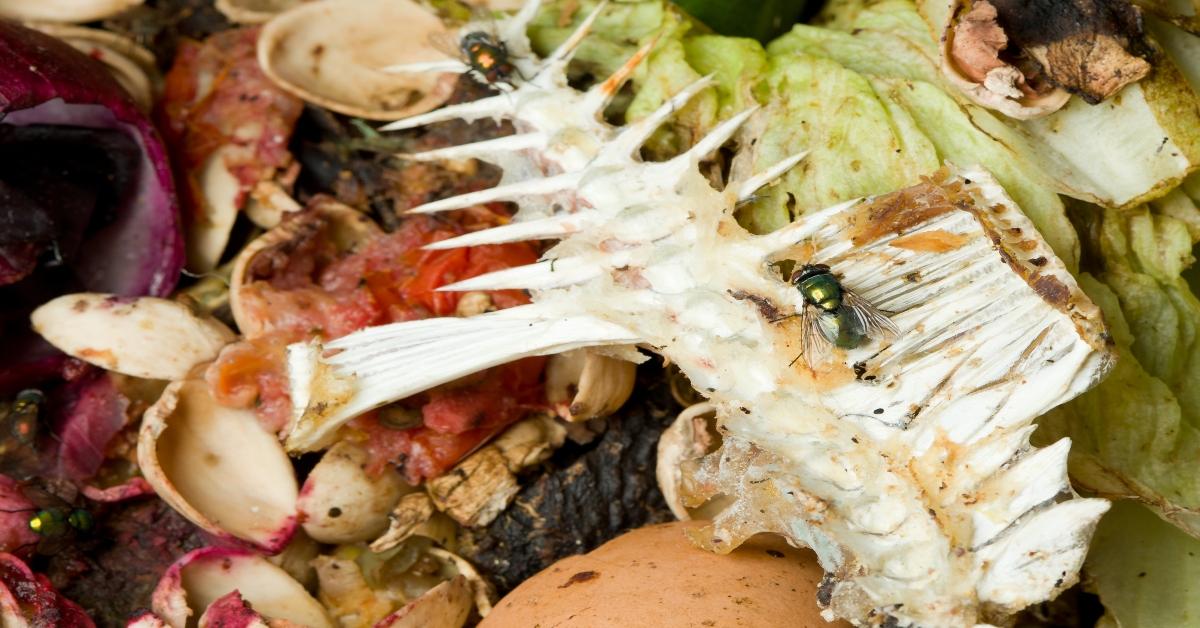
How do I avoid flies on my compost pile?
The first and best way to keep flies off your compost is to make sure that the lid is nice and tight on your compost bin. This will not only keep the rain out, but it will also dissuade any vinegar flies from landing on or feeding on your fruit scraps. Putting a thin layer of fine mulch onto the pile over every “wet” or “green” layer of waste will make it hard for the flies to get to their favorites.
Another good way to keep away the flies is to post the bin near some dense shrubs. These plants attract birds, who would love nothing better than to keep the flies away by eating them. If you have space and your county allows for it, a few chickens or guinea fowl in your backyard will keep away all manner of flies and mosquitoes.